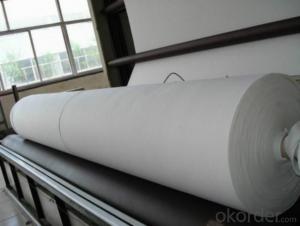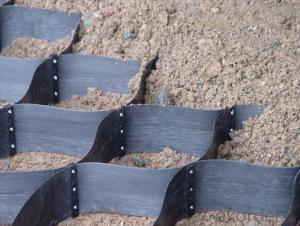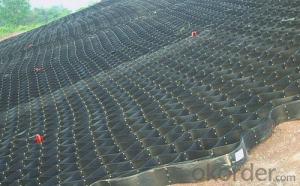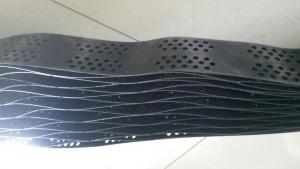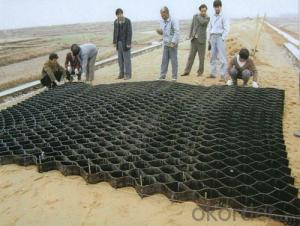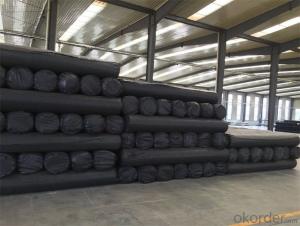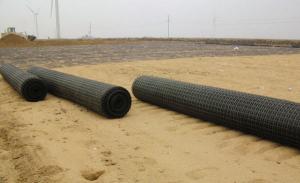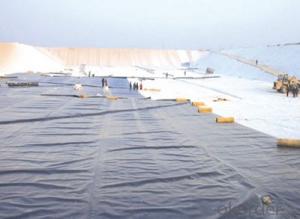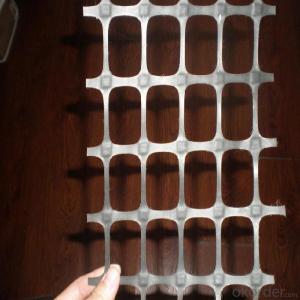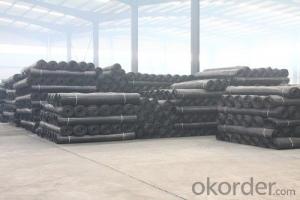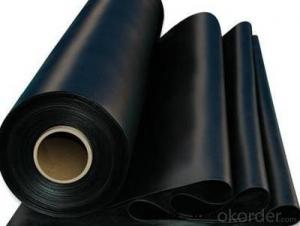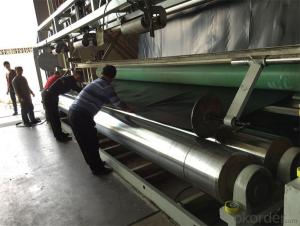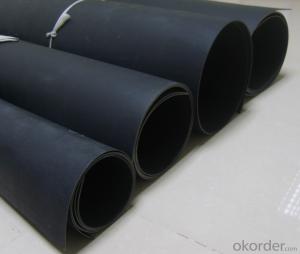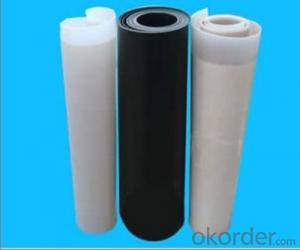All Categories
- - Steel Wire Rod
- - Steel Coils
- - Steel Profiles
- - Steel Pipes
- - Stainless Steel
- - Tinplate
- - Special Steel
- - Steel Sheets
- - Steel Rebars
- - Steel Strips
- - Hot Rolled Steel
- - Cold Rolled Steel
- - Pre-painted Steel
- - Seamless Steel Pipe
- - Welded Steel Pipe
- - Hollow Steel Tubes
- - Galvanized Pipe
- - Stainless Steel Coil
- - Stainless Steel Sheet
- - Stainless Steel Plate
- - Stainless Steel Strips
- - Electrolytic Tinplate Coil
- - Electrolytic Tinplate Sheet
- - Stainless Steel Rebars
- - Solar Panels
- - Solar Water Heater
- - Solar Related Products
- - Solar Inverter
- - Solar Cells
- - Solar Light
- - Solar Energy Systems
- - Solar Controllers
- - Solar Mounting System
- - Solar Pump
- - Solar Chargers
- - Fiberglass Chopped Strand
- - Fiberglass Mesh Cloth
- - Composite Pipes
- - FRP Pultrusion Profiles
- - Fiberglass Mat Tissue
- - Fiberglass Fabrics
- - Fiberglass Mesh
- - Composite Tank
- - Fiberglass Mesh tape
- - Polymer
- - FRP Roofing Panel
- - Fiberglass Roving
- - Monolithic Refractories
- - Ceramic Fiber Products
- - Refractory Bricks
- - Raw Materials For Refractory
- - Suspended Platform
- - Cranes
- - Concrete Machinery
- - Earthmoving Machinery
- - Building Hoist
- - Road Building Machinery
- - Plastic Pipe Fittings
- - Plastic Tubes
- - Plastic Sheets
- - Agricultural Plastic Products
- - Plastic Nets
 All Categories
All Categories
Q & A
What are the measures taken to protect against soil liquefaction in earthquake-prone areas during earthwork?
Some measures taken to protect against soil liquefaction in earthquake-prone areas during earthwork include:
1. Conducting a thorough geotechnical investigation to identify areas prone to liquefaction and determining the soil properties.
2. Designing deep foundations, such as piles or rafts, to transfer the building loads to deeper, more stable layers of soil.
3. Compacting and densifying loose or potentially liquefiable soils before construction to increase their stability.
4. Using ground improvement techniques like soil stabilization or soil reinforcement to strengthen the soil and reduce liquefaction potential.
5. Implementing proper drainage systems to control the groundwater table and prevent excess water accumulation.
6. Incorporating earthquake-resistant design principles, such as flexible or base-isolated structures, to minimize the impact of ground movements.
7. Regular monitoring of soil conditions during construction to identify any signs of liquefaction and taking appropriate remedial measures if necessary.
What are the best practices for addressing contaminated soils in earthwork?
The best practices for addressing contaminated soils in earthwork involve a systematic approach that includes assessment, containment, remediation, and proper disposal. It is essential to first conduct a thorough site assessment to determine the extent and nature of contamination. Once identified, contaminated soils should be properly contained to prevent further spread or contamination of adjacent areas.
Remediation techniques can vary depending on the specific contaminants present, but commonly used methods include soil washing, bioremediation, and chemical stabilization. These techniques aim to either remove or neutralize the contaminants, making the soil safe for reuse or disposal.
It is crucial to comply with local regulations and guidelines for handling and disposing of contaminated soils. Proper disposal methods may involve treating the soil off-site, utilizing secure containment facilities, or coordinating with licensed hazardous waste disposal companies.
Regular monitoring and testing should be conducted throughout the process to ensure that the remediation efforts are effective and that the soil meets the required standards for reuse or disposal.
Overall, addressing contaminated soils in earthwork requires a comprehensive understanding of the contaminants, appropriate containment measures, effective remediation techniques, and adherence to legal and environmental guidelines.
Wholesale Earthwork from supplier in Jamaica
With our sales team, you can expect professional and prompt service, ensuring that your Earthwork product needs are met in a timely manner. Our knowledgeable staff can provide you with accurate quotations, tailored to your specific requirements. Additionally, our technical support team is available to assist you throughout the entire process, from product selection to installation, ensuring that you receive the necessary guidance and assistance.
Being a subsidiary of CNBM, a Fortune Global 500 company, we have access to a vast network of resources and expertise. This allows us to offer you cost-effective and high-quality Earthwork products, backed by industry-leading technology and innovation. Our commitment to sustainability and environmental responsibility is also reflected in our product offerings, which are designed to minimize their impact on the environment.
In Jamaica, we have established strong relationships with local suppliers and partners, enabling us to provide you with the best possible solutions for your Earthwork projects. Our market experience and understanding of local regulations and requirements ensure that you can navigate the Jamaican market with confidence.
Whether you are involved in construction, landscaping, or any other Earthwork-related industry, we are here to support you. Contact us today to discuss your Earthwork product needs and discover how our comprehensive range of services can benefit your projects in Jamaica.
Being a subsidiary of CNBM, a Fortune Global 500 company, we have access to a vast network of resources and expertise. This allows us to offer you cost-effective and high-quality Earthwork products, backed by industry-leading technology and innovation. Our commitment to sustainability and environmental responsibility is also reflected in our product offerings, which are designed to minimize their impact on the environment.
In Jamaica, we have established strong relationships with local suppliers and partners, enabling us to provide you with the best possible solutions for your Earthwork projects. Our market experience and understanding of local regulations and requirements ensure that you can navigate the Jamaican market with confidence.
Whether you are involved in construction, landscaping, or any other Earthwork-related industry, we are here to support you. Contact us today to discuss your Earthwork product needs and discover how our comprehensive range of services can benefit your projects in Jamaica.


